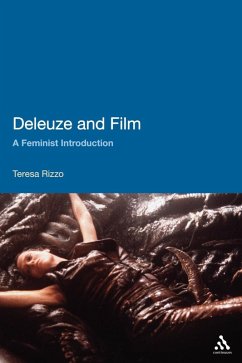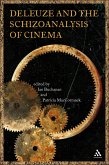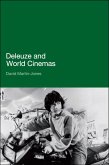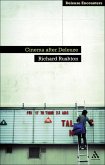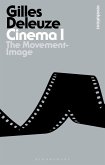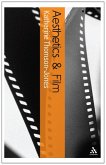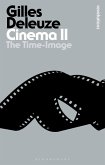In the first book-length introduction to Deleuze's work
on film from a feminist perspective, Teresa Rizzo ranges across Deleuze's books
on Cinema, his other writings, and feminist re-workings of his philosophy to
re-think the film viewing experience. More than a commentary on Deleuze's books
on Cinema, Rizzo's work addresses a significant gap in film theory, building a
bridge between the spectatorship studies and apparatus theories of the 1970s,
and new theorisations of the cinematic experience. Developing a concept of a
'cinematic assemblage', the book focuses on affective
and intensive connections between film and viewer. Through a
careful analysis of a range of film texts and genres that have been important
to feminist film scholarship, such as the Alien
series and the modern horror film, Rizzo puts Deleuze's key concepts to
work in exciting new ways.
on film from a feminist perspective, Teresa Rizzo ranges across Deleuze's books
on Cinema, his other writings, and feminist re-workings of his philosophy to
re-think the film viewing experience. More than a commentary on Deleuze's books
on Cinema, Rizzo's work addresses a significant gap in film theory, building a
bridge between the spectatorship studies and apparatus theories of the 1970s,
and new theorisations of the cinematic experience. Developing a concept of a
'cinematic assemblage', the book focuses on affective
and intensive connections between film and viewer. Through a
careful analysis of a range of film texts and genres that have been important
to feminist film scholarship, such as the Alien
series and the modern horror film, Rizzo puts Deleuze's key concepts to
work in exciting new ways.

